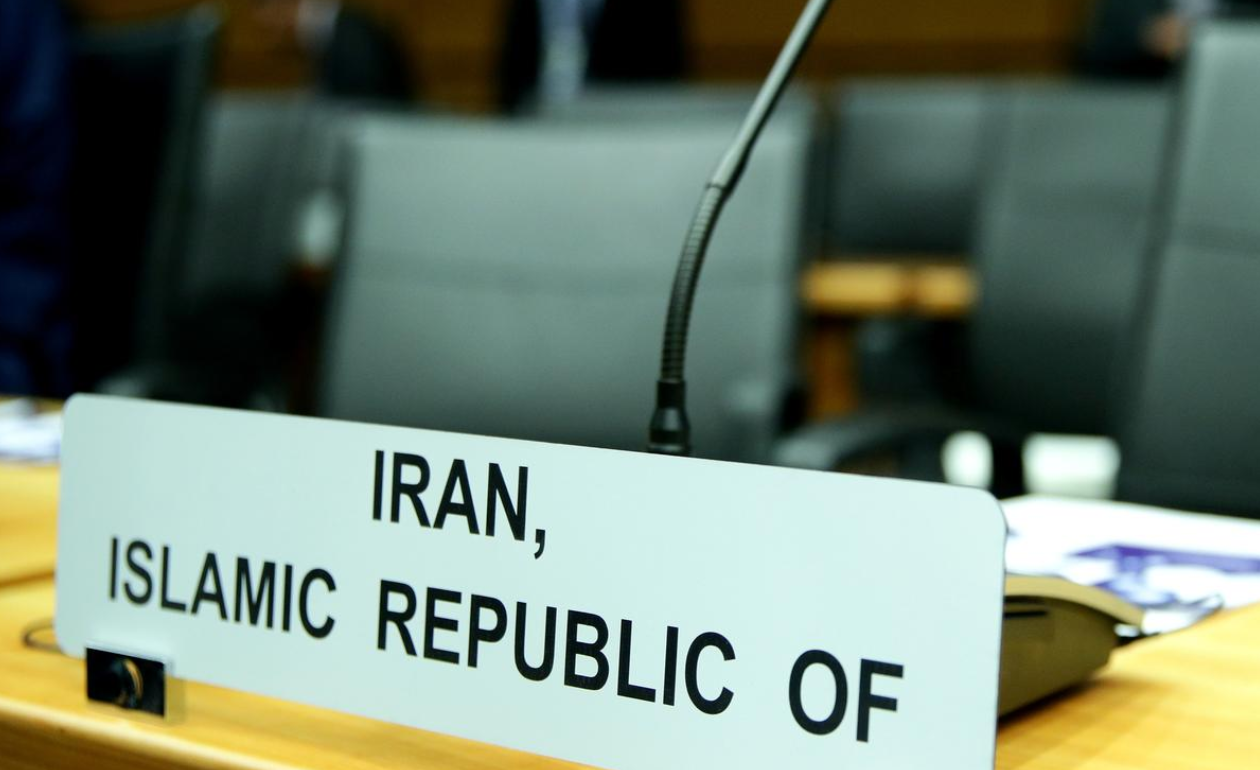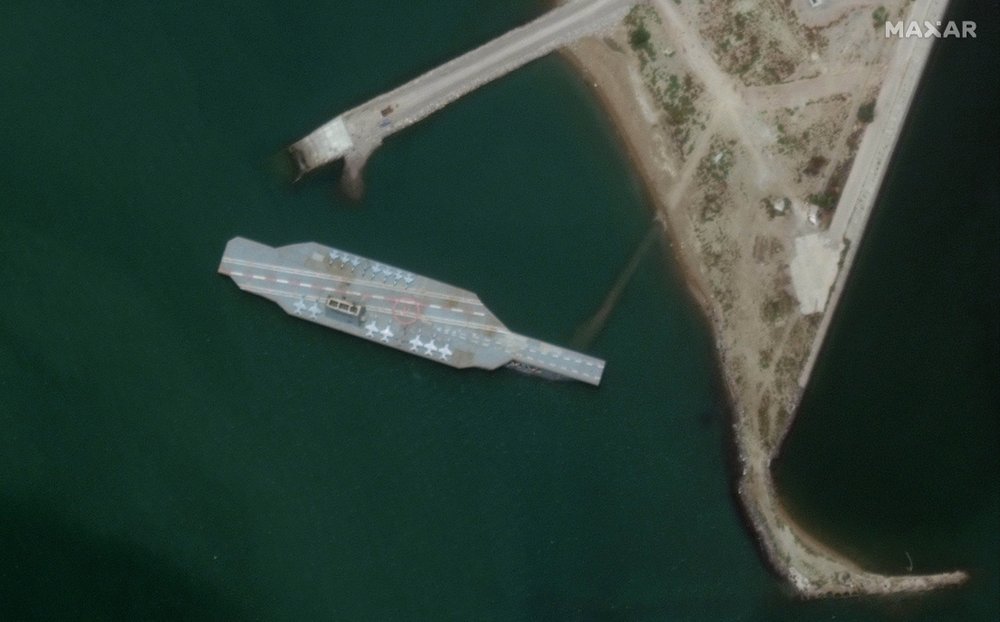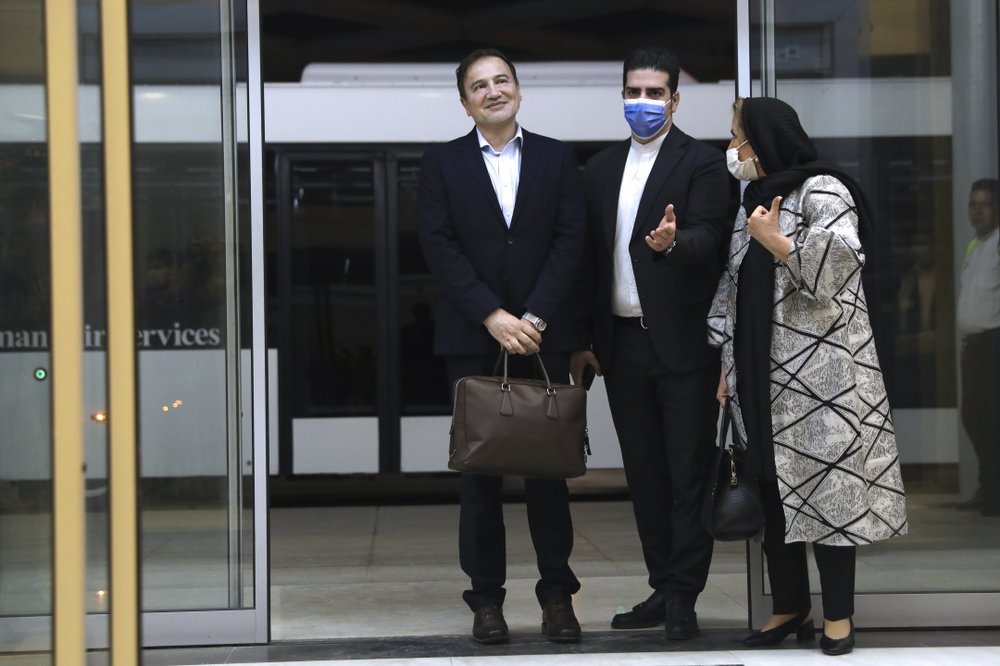
President Hassan Rouhani said Iran's economic problems went beyond sanctions and blamed "unparalleled stagflation" on the profligacy of his predecessor, hardliner Mahmoud Ahmadinejad.
In office from 2005 until August, Ahmadinejad presided over an unprecedented period of revenue growth due to high oil prices, but analysts say, squandered much of it with subsidies that pumped money into the economy and drove up inflation.
He also antagonized the United States and the West by threatening to wipe Israel off "the page of time," repeated denials of the Holocaust and an uncompromising stance on the nuclear issue.
"The stagflation in 1391 was unparalleled," Rouhani said referring to the Iranian year that ended in March.
The economy contracted by six percent while inflation stood at more than 40 percent, he said.
"These facts show the conditions we inherited from the previous government and in what conditions we must grapple with the problems," Rouhani said.
Rouhani secured a landslide election victory in June promising a policy of "constructive engagement" with the outside world would help ease international sanctions on the Islamic Republic imposed over its disputed nuclear program.
An interim deal with six world powers clinched in Geneva on Sunday promises to bring some $7 billion-worth of relief from those sanctions, but most of the measures remain in place and Rouhani said it would take time for the economy to improve.
U.S. and European Union sanctions on Iran's oil, shipping and banking sectors halved Iranian crude exports, helped fuel inflation and unemployment and drive down the value of the rial.
"I don't want to say that all the economic problems are related to the sanctions. A major part of the problems is related to mismanagement," he said in a speech late on Tuesday to mark his first 100 days in office.
Rouhani said bringing down inflation was a priority for government. He said inflation had fallen to 36 percent by the end of October and the government aimed to bring it down to 35 percent by the end of the current Iranian year in March 2014 and to below 25 percent by the following year.
The government would not yet reform the expensive government subsidy program brought in by Ahmadinejad under which most Iranian families receive government handouts.
"The government seeks to reform the method for paying subsidies. In the beginning the government will rein in inflation and reform the banking system, then we will get into the second phase of subsidy spending," he said.




